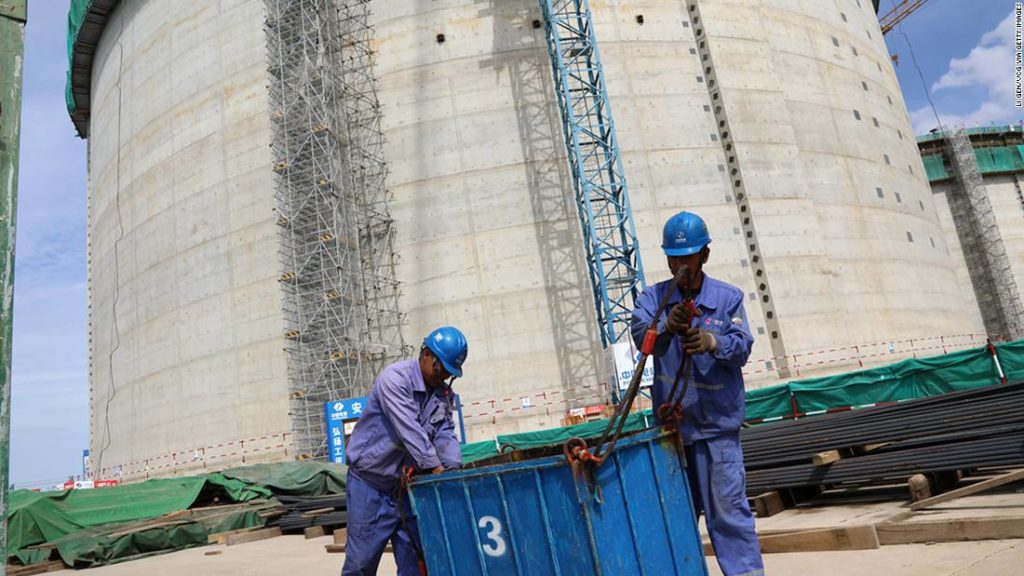Analysts had been expecting the current US administration to keep lashing out at China until the very end of its term with the aim of entrenching President Donald Trump’s approach to Beijing and making it harder for Biden to reverse course.
“The rush by China hardliners to push out actions against China by January 20 has short-circuited an already disorganized policy process,” said Michael Hirson, practice head of China and Northeast Asia at Eurasia Group. January 20 is Biden’s inauguration date.
There are no clear criteria for a military-linked company, Hirson said, but the Trump administration appears to be interpreting it broadly to mean companies that directly or indirectly support China’s military modernization.
“That is a particularly broad net for China’s state-owned enterprises,” he said.
Beijing on Friday protested against CNOOC, SMIC and other companies being added to the Defense Department’s list, and called on the United States to stop abusing the concept of national security.
“China firmly rejects the United States’ unwarranted oppression against Chinese companies,” China’s Ministry of Foreign Affairs spokesperson Hua Chunying told reporters.
Targeting SMIC strikes at the heart of Beijing’s tech ambitions. China is playing catchup to the West when it comes to chipmaking, and has plowed billions of dollars into the industry hoping to build a homegrown company capable of manufacturing leading edge chips.
CNOOC did not immediately respond to a request for comment.
US investors are banned from owning or trading any securities that originate or are exposed to those firms. Investors will have until November 2021 to divest from the companies.
And Trump still has more ammunition he could fire at Chinese companies.
Trump will, “with near certainty,” sign off on the bill before his term comes to an end, according to Shirley Yu, visiting fellow at the London School of Economics and founder of a company that assesses strategy, business, and political risk for companies working in China.
Backed “with unanimous congressional support, this decision will be extremely hard to reverse by the next administration,” she added.
Which means that “Trump can unilaterally raise tariffs on Chinese goods again … [and] impose higher punitive tariffs,” she said.
The Chinese tech giants could still be added to a list which bars American companies from exporting goods to them without first obtaining a license to do so, according to Hirson.
“Some in the administration have been pushing to add one or more of these firms to the Commerce Department’s entity list or take other executive actions towards these firms,” he said.
Companies added to the entity list — which is separate from the Defense Department’s list — are essentially cut off from US supplies and technologies.
You may also like
-
UK coronavirus variant has been reported in 86 countries, WHO says
-
NASA technology can help save whale sharks says Australian marine biologist and ECOCEAN founder, Brad Norman
-
California Twentynine Palms: Explosives are missing from the nation’s largest Marine Corps base and an investigation is underway
-
Trump unhappy with his impeachment attorney’s performance, sources say
-
Lunar New Year 2021: Ushering in the Year of the Ox

